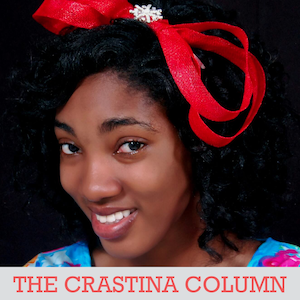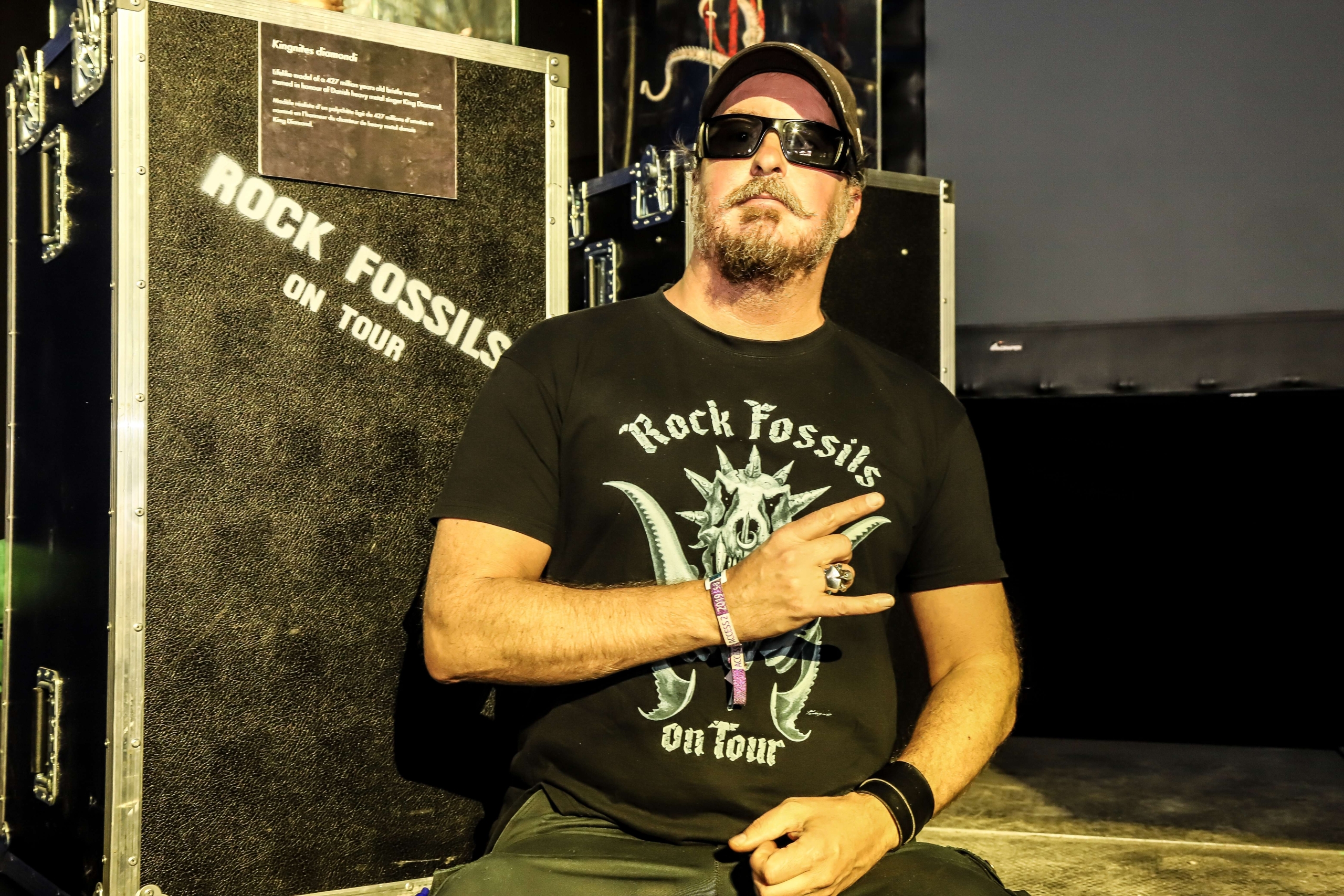Crastina is a platform for the exchange of experience, knowledge and inspiration regarding both scientific peer-to-peer communication and science dissemination
- What? An international network of (mostly young) people who love to communicate science & tech.
- Why? We think science needs to be communicated with more passion and professionalism.
- Where? On our website with interviews & resources + on social media + on Skype and IRL.
- Who? A content group (the Crew), a think tank (the Academy), + lots of friends & contacts.
- When? Right now – as a matter of fact, we’ve just geared up.

”If you talk to the press, people might offer you gold mines”
Popular science twitterer @AstroKatie, a.k.a. Katherine J Mack, gave an interview for the Economist and then received a request from a firm looking for a use for an exhausted goldmine–something may be just the right kind of environment for a astro physics lab!

Analogies—when two similar worlds meet
Properly used, analogies can give a huge help for understanding the structure of what we are telling each other. But then again: which is the proper way to use them? Norbert Majubu offers some reflections on how people often misuse analogies in science communication and reasoning.

How to succeed in interviews—some reflections by an experienced expert reviewer
To succeed in interviews, you need to show genuine interest, stay present in the moment and demonstrate your self-awareness. Professor Helena Jernberg Wiklund shares some of her experience .


















